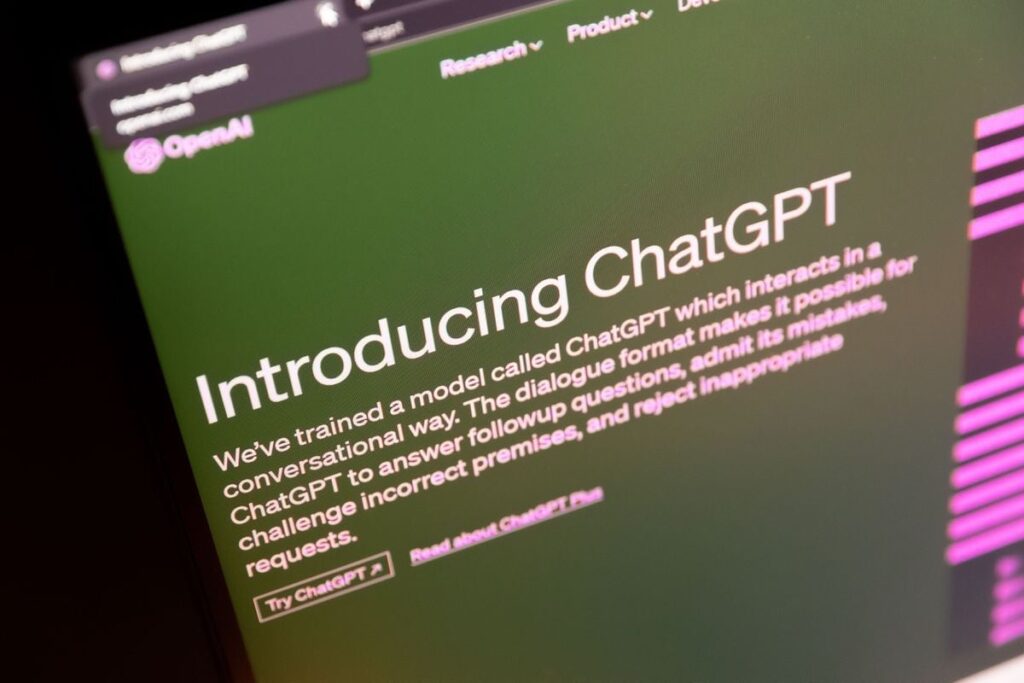The entire education system is expected and waiting for the necessary changes to adapt to the impact that artificial intelligence will have on research, education, and organizational operations themselves. Active participation from regulators is required to limit the risks when AI is misused or abused, especially in the most vulnerable sectors. Minors stand out among them, but no one is immune to the negative consequences that can arise in certain situations. The Beijing Consensus, published by UNESCO in 2019, provides guidelines for those developing education policy regarding AI to follow. However, how these recommendations have been implemented has not yet been analyzed.
On the other hand, educational institutions are well aware of cultural resistance to change. Fear of the unknown and fear of making mistakes can paralyze or at least slow down the acceleration of technological and educational innovation. However, in the face of artificial intelligence, it is not worth focusing the discussion on whether machines will wipe out the role of teachers (which is unlikely), but rather how machines will transform the role of teachers. need to focus on. The way teachers work will need to be completely redefined, and with it the role of educators in guiding students to properly use the technology that is already inevitably present in all areas of society. must be done. Raising the awareness and accompanying educational and research staff in this digital transition, as well as administrative and service staff, is an essential condition for the success of AI in the education system.
One example is the Spanish government, which last May approved the allocation of more than 1.3 billion euros ($1.4 billion) from the Fund for Recovery, Transformation and Resilience to pay for this teacher training. However, making such a significant investment and turning it into results requires time as well as resources. If people do not have a constructive will and all involved are not involved, time can be extended unnecessarily.
Despite these challenges, the benefits of optimizing research and making academic management more efficient can be far greater. Some people may have big doubts about the benefits that AI can bring in the educational field, where a rigid education system cannot sustain the dizzying speed of change. Without going into further detail, the Global Education Monitoring 2023 report shows that technology is evolving faster than we can appreciate, with education technology products changing on average every 36 months.
But tilting the balance of AI's pros and cons to the positive side, even if necessary, is about more than just training on the technical aspects. Above all, this requires teaching them how to make the most of their potential in an ethical and responsible manner. This commitment to use, not abuse, must be applied to the entire AI chain. It must be applied across the entire AI chain, from programmers who need to minimize the biases that technology can perpetuate and even reinforce, to the companies that drive and apply the technology. It is necessary to establish regulatory and moral limits that do not violate human rights for economic gain.
We also must not overlook personal responsibility in the use of artificial intelligence. This starts with the effort to learn how to work with this technology. The temptation to succumb to the conveniences AI brings to our lives in exchange for data may be legitimate, but it must be done with full awareness (and preferably to expose or avoid dark, malicious patterns). ), we need to protect the most vulnerable.
We will only experience the full wonders of artificial intelligence if we, regulators, legislators, academic institutions, educators, students, professionals, and the public, put people at the center and educate ourselves on its responsible use. It becomes possible.
Anna Bajo San Juan Global Head of Social Impact for the University of Santander at Banco Santander.
Please sign up weekly newsletter Get more news coverage in English from EL PAÍS USA Edition


